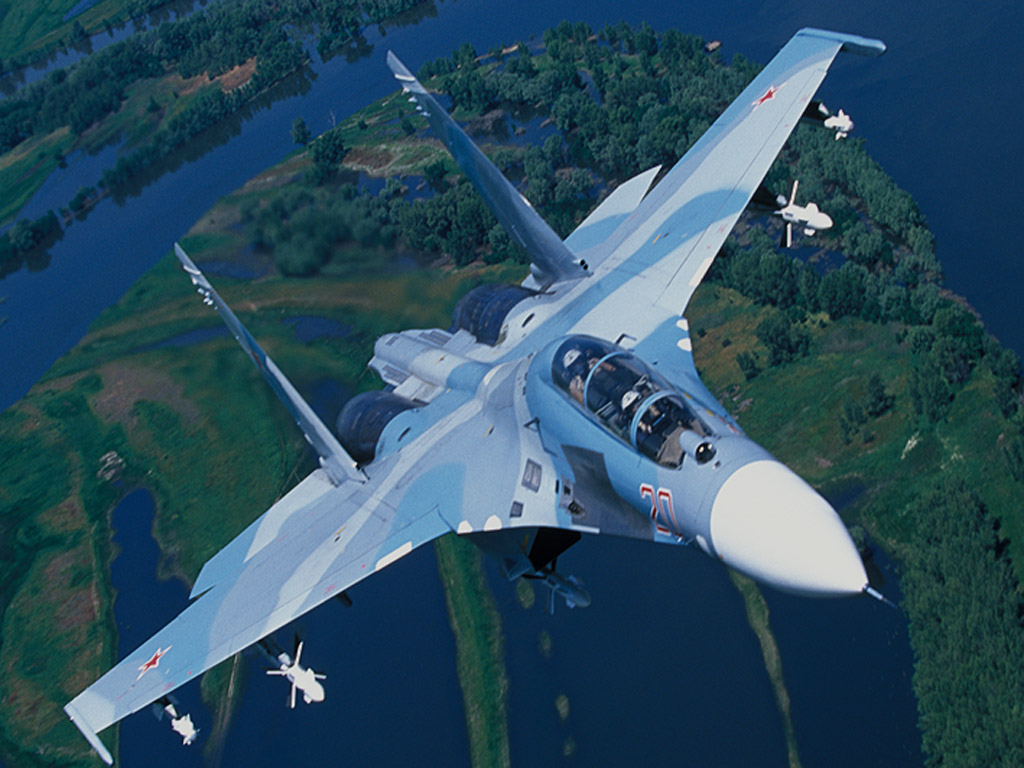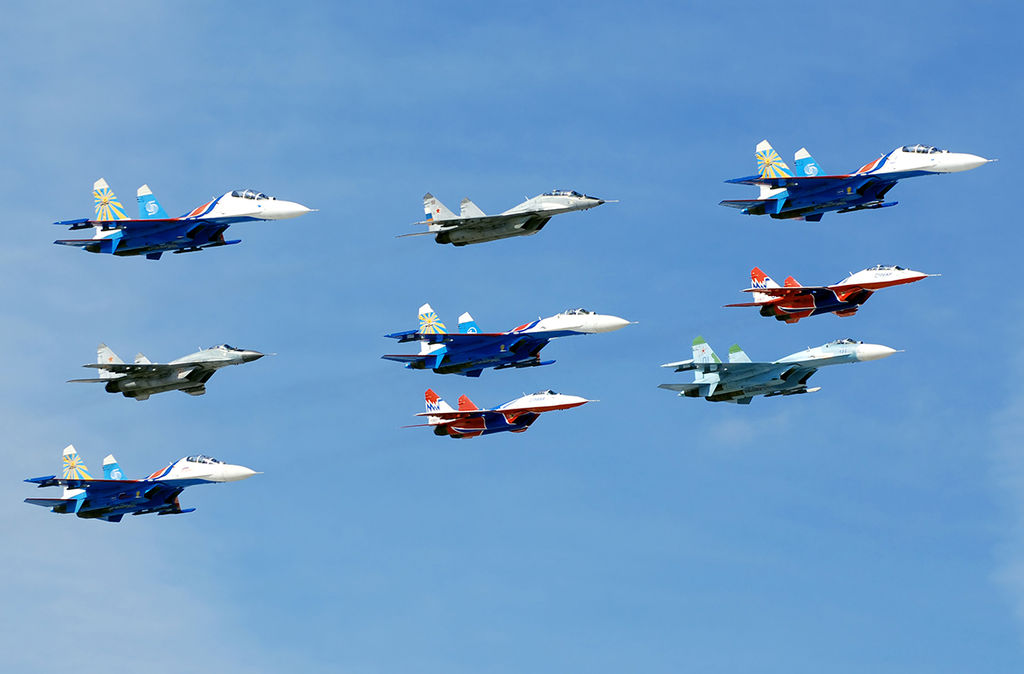Chandler was falling through a three-foot hole that the 57 mm bullet had made in the weapons control booth of the AC-130A “Spectre 17” in addition to causing structural damage
The “Spectre 17” aircrew as a whole would agree that March 4, 1972, was both their luckiest and unluckiest day.
“I’ve lived most days of my life since then just being happy that I’m alive,” Gary Chandler recalled.
According to Col. Chandler, a retired US Air Force Col., who was an infrared sensor operator on board the AC-130A Spectre Gunship, now known as “Spectre 17” for its call sign, as stated by Airman 1st Class Natalie Fiorilli of the 1st Special Operations Wing Public Affairs in the article From boring to unimaginable: Vietnam-era crew recalls famed Spectre 17 flight, Chandler’s service was during the Vietnam era. The crew was operating a combat mission in support of Operation Commando Hunt, a Vietnam War campaign, and was part of the 16th Special Operations Squadron.
The night of Mar. 4 began as a sluggish night in comparison to past missions they had flown, according to Chandler.
“It went from boring to unimaginable in about a split second,” said Chandler.
The crew observed two powerful flashes that lit up the ground below. Their gunship had been hit by enemy anti-aircraft artillery, seriously damaging the aircraft’s structure.
“I never saw anything like it,” said Lee DeRosa, an electronic warfare officer on board Spectre 17. “It looked like the Fourth of July.”
The cockpit filled with smoke and heat right after the explosion.

“I could barely see the copilot,” noted David Hobgood, aircraft commander of Spectre 17.
The blast also confused the crew members who were in the back of the airplane.
“Out of nowhere, there was this blinding light,” said Chandler. “I thought maybe the whole aircraft had blown up. I had no idea what happened.”
The 57 mm also caused a three-foot hole in the weapons control booth, which Chandler was falling through in addition to other structural damage.
“I opened my eyes just a bit to try and see what was going on, and realized that I was looking at floor level, and I couldn’t quite figure out why,” Chandler said.
Chandler was promptly helped by crew members near the booth, who pulled him from the hole and wrapped his wounds with tourniquets made of adjacent rags and rope. The infrared sensor operator suffered multiple broken bones as well as injuries to his feet and legs. The flight crew would continue to secure themselves after attending to Chandler’s wounds since they were uncertain about the plane’s ability to land. Hobgood recalls making preparations for a crash landing inside the cockpit.
“I was absolutely shocked that the gear came down and held,” Hobgood said, adding that it was a surprisingly smooth and uneventful landing.

Upon arriving at Thailand’s Ubon Royal Thai Air Force Base, injured crew members were sent there for medical assistance. But in the hours and days that followed the tragedy, the majority of the Air Commandos would start flying.
“We all flew,” said Hobgood. “That’s what we did.”
The renowned flight’s 50th anniversary was observed in 2022. According to Alert5, the crew met up again on March 3, 2022, to remember the event by visiting the plane, which is currently on display at Hurlburt Field Memorial Air Park in Hurlburt Field, Florida.
A C-130 converted to a gunship, the AC-130A Spectre is primarily used for nighttime attacks on ground targets. It made use of a variety of sensors, a target acquisition system, as well as infrared and low-light television systems, to increase the effectiveness of its weapons. Since Vietnam, the AC-130 gunship has participated in combat. Gunships are credited with many missions of close air support that saved lives while also destroying more than 10,000 trucks.
The AC-47, the first operational gunship, was followed by the AC-119 and the AC-130A, the latter of which served as the prototype for the current C-130 Hercules gunship.
Photo by: Senior Airman Jonathan Valdes Montijo / U.S. Air Force






















